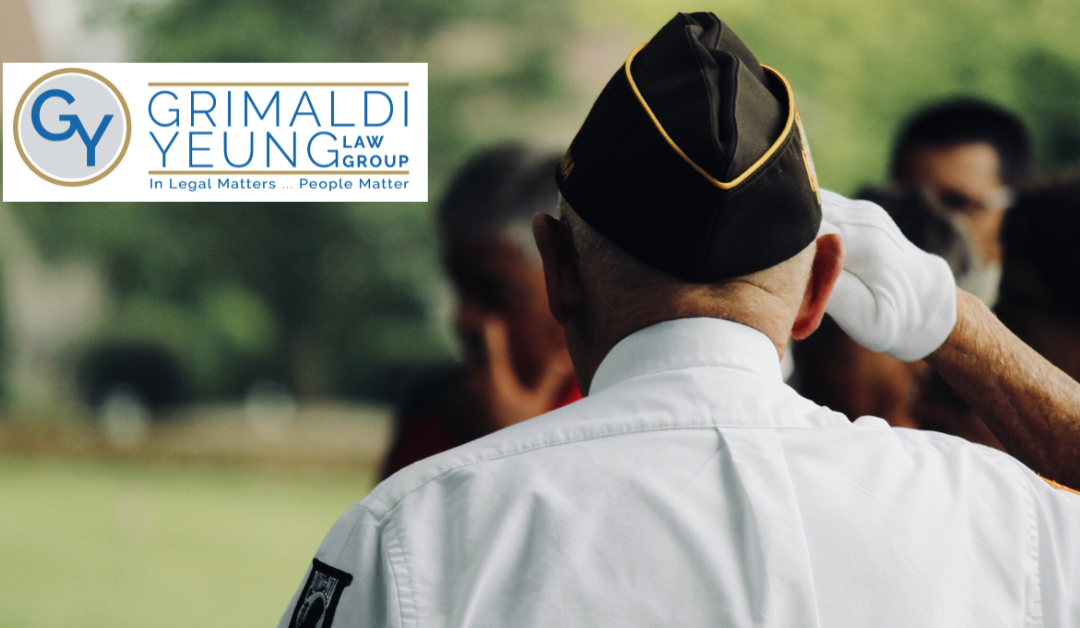The Veteran’s Administration (VA) has many benefits for aging veterans and their spouses. Many of these benefits entitle Veterans to long-term care benefits. We want you to be aware of what your entitlements are and how you can best access these benefits.
- You must inquire about benefits. Unlike other government programs you may use, the VA does not usually inform Veterans of unused benefits.
- Check with all three branches of the VA. You should contact the Veterans Benefits Administration (VBA), Veterans Health Administration (VHA), and the National Cemetery Administration (NCA). For example, a Veteran might be eligible to receive in-home caregiver through both the VHA and the VBA. An employee at the VHA may not know about benefits offered to a Veteran through the VBA and vice versa.
- Aging veterans receiving Disability Compensation payments can apply for additional support through Special Monthly Compensation (SMC) or an increased benefits program called Aid and Attendance. Aid and Attendance can help with activities of daily living (ADLs) such as toileting, showering, meal prep, light housekeeping, and more. It is common knowledge that the VBA pays disability compensation for those who suffered a service-connected disability for illness and impairment brought about by military service. The Aid and Attendance benefit is a lesser-known benefit. Compensation payment amounts have no income or net worth restrictions and are based on the Veteran’s level of disability.
- The service-connected disability requirement of the Aid and Attendance Pension can be waived for some wartime Veterans over the age of 65. Soldiers need not have gone overseas or served in combat. The benefit pays up to $2,050 for a single veteran and $2,431 for a married veteran. Veterans are required to have at least 90 days of active duty with one day during official wartime. Net worth and medical restrictions may apply.
- Veterans’ widows may qualify for the Aid and Attendance Pension. The surviving spouse must have been married for a minimum of one year and married at the time of the spouse’s death. The surviving spouse is not eligible to receive care from a VHA medical facility, however, they can get benefits to cover custodial care. The benefit pays a maximum of $1,318 per month. Net worth and medical restrictions may apply.
- Before filing a VBA claim, complete an “Intent to File”. This short form (VA Form 21-0966) will establish an earlier effective date for your benefits. It will also give you a full year to complete the VBA claim, which can often be a time-consuming process. By filing the Intent to File prior to an application for Pension, Aid and Attendance, Disability Compensation, or Dependency Indemnity Compensation (DIC), you’ll qualify for retroactive payments from the date the Intent to File form is received.
- Avoid filing a VA claim for Pension, Aid and Attendance, Disability Compensation, or DIC without professional assistance. The VA designates attorneys or claims agents to represent veterans and survivors and charge a fee. Veteran service officers, who are employed by state agencies or not-for-profits, work without charging a veteran or veteran’s family. Some home care agencies also offer free claims filing help.
Our attorneys can help guide you through this process. Contact us today for help accessing your Veterans benefits.

